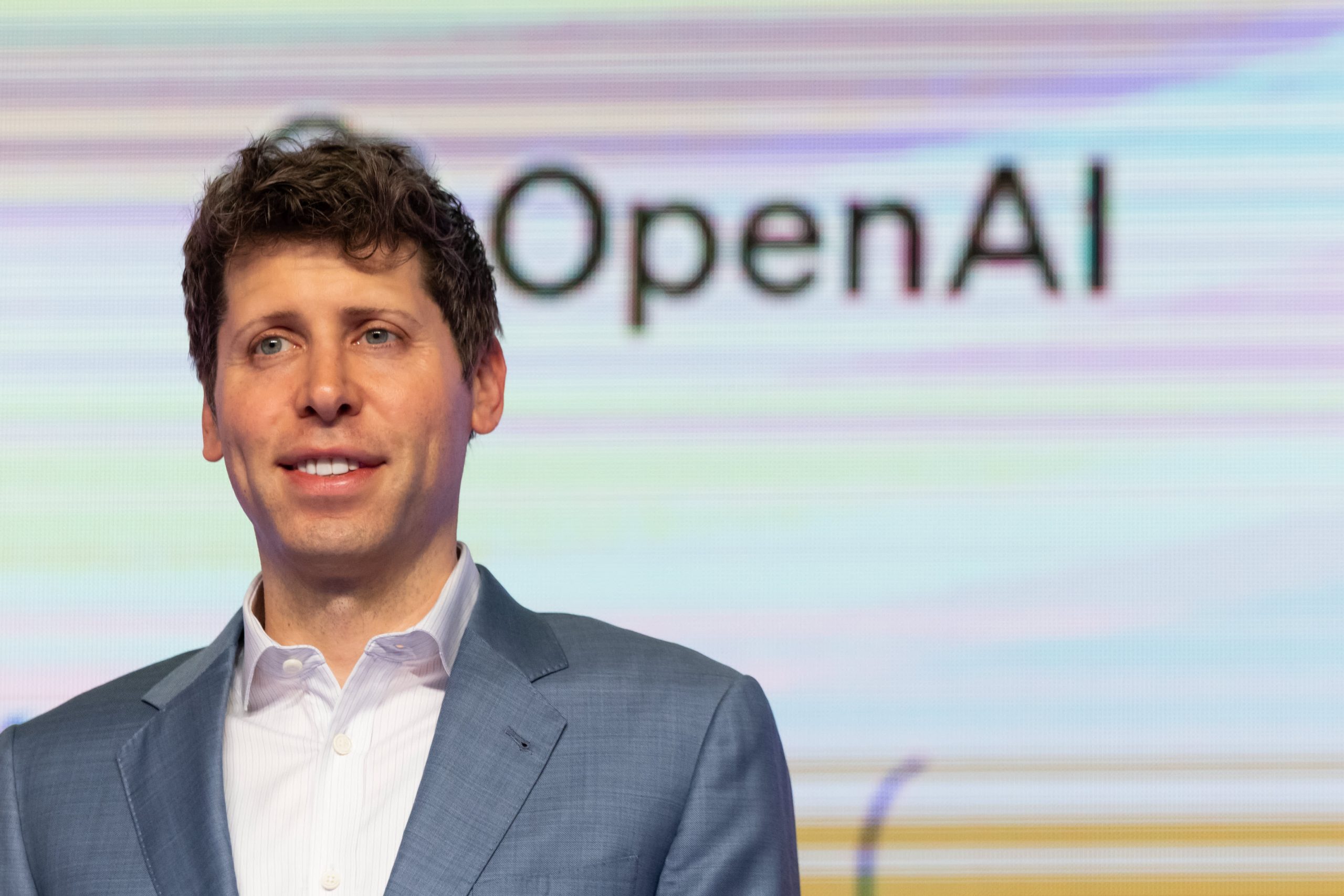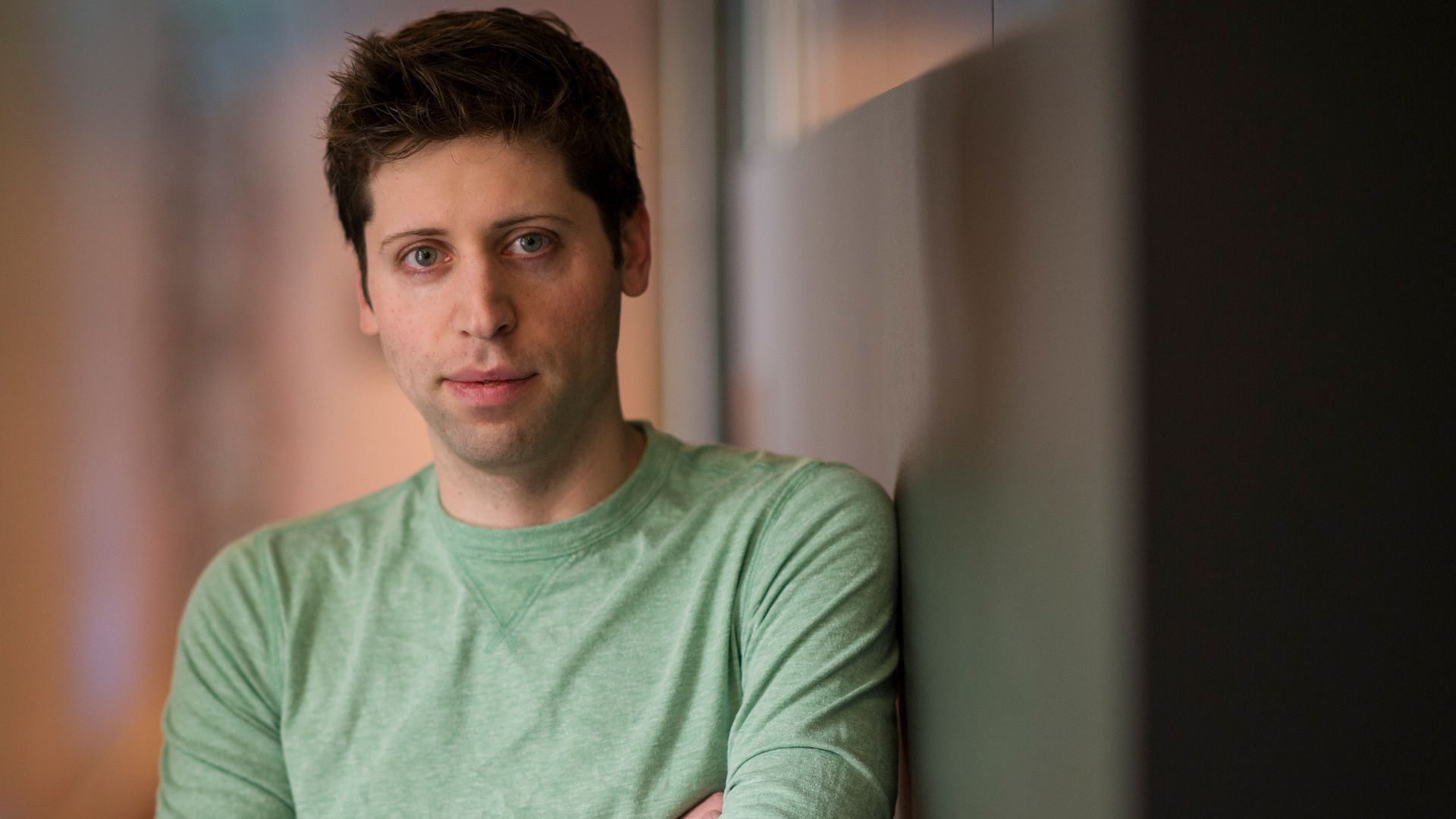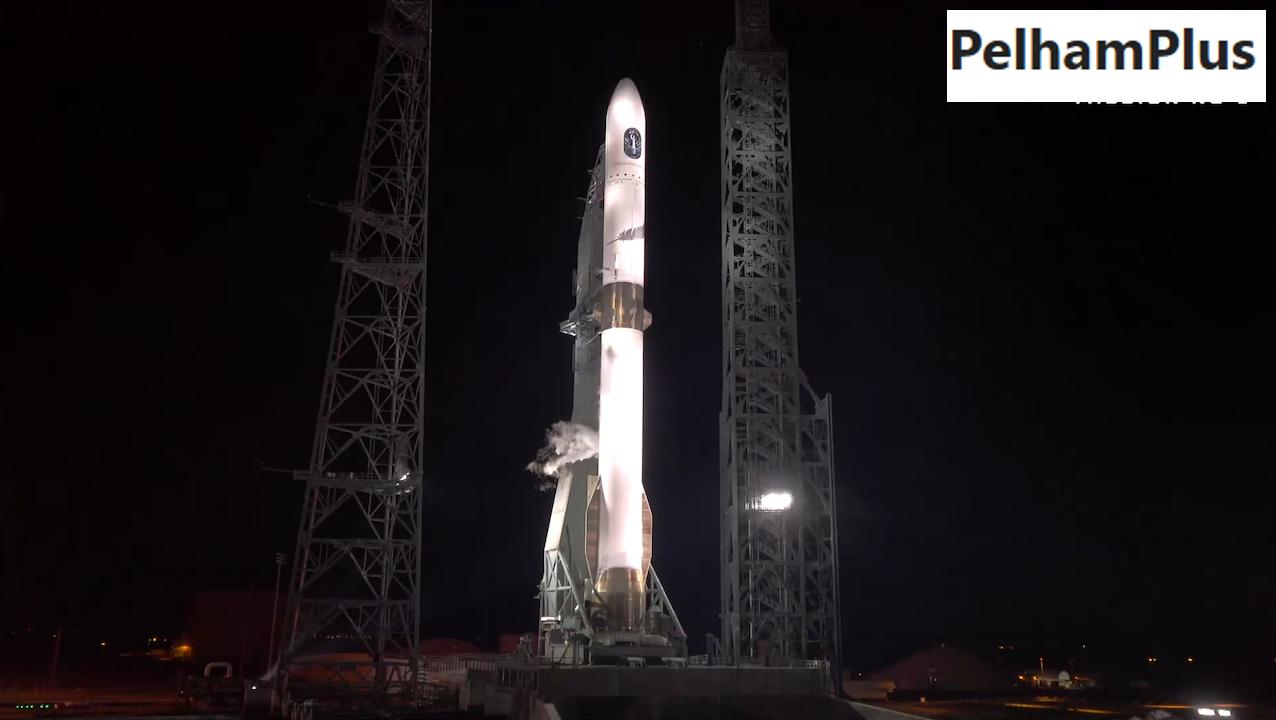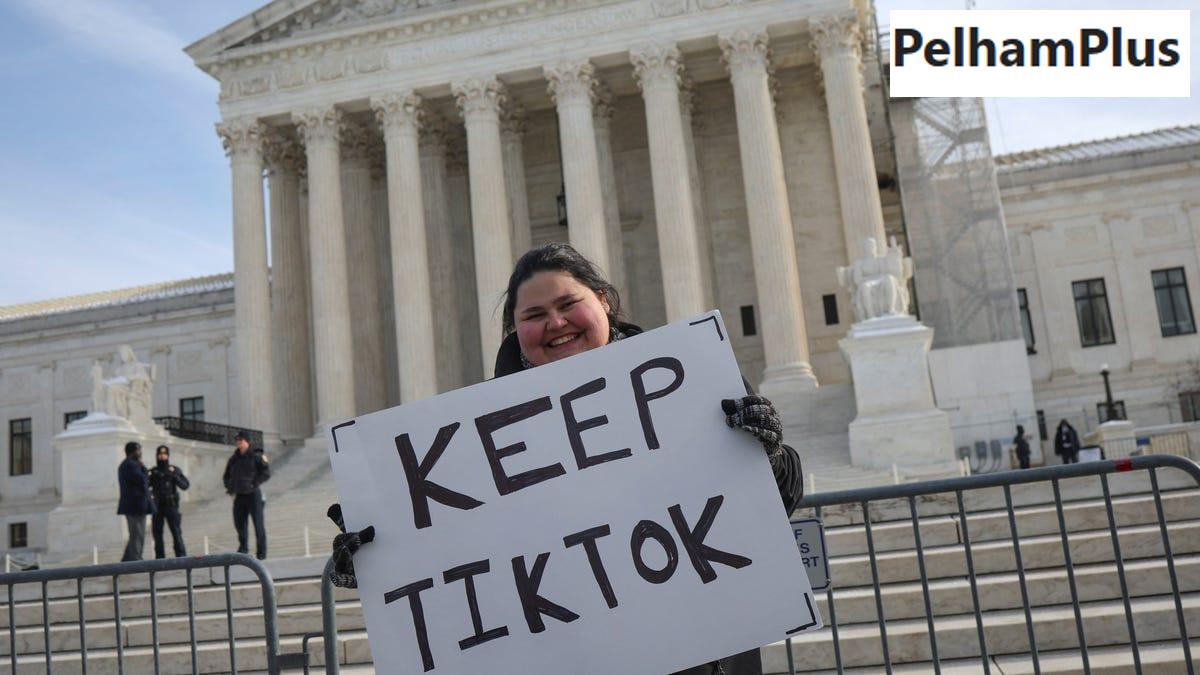CNN journalist Fareed Zakaria asked OpenAI CEO Sam Altman at the World Economic Forum in Davos: What is humankind’s essential talent, and can AI imitate emotional intelligence and empathy? Altman just faintly replied that humans care what others think. The CEO said developing artificial general intelligence (AGI) feels near to what humans value but failed to distinguish between humans and AI.

Sam Altman’s Enigmatic Answer Sparks Doubts About Humans’ Role in AI Future, Contrasted by Salesforce CEO’s Vision
Altman claimed that humans forgive each other’s mistakes but not machines. He stressed that humans have the right to decide what should happen in the world, distinguishing them from AI.
The answer was unsatisfying because the details of what people would accomplish better were still being determined. Altman’s comments aroused doubts about humans’ place in an AGI-dominated future, especially because OpenAI is actively pursuing this future.
When asked about humans’ role in AI, Salesforce CEO Marc Benioff responded differently. He suggested a “WEF digital moderator” with information could work successfully. Benioff said AGI is still far off, and AI cannot replace humans. He stressed the importance of trusting AI as it becomes more complex and digital.
READ ALSO: Titan’s Mystery: Scientists Crack the Code Behind the Floating Islands
OpenAI Pursues Coexistence with AGI Amidst Financial Endeavors and AI’s Political Impact
Despite future uncertainty, Altman is committed to OpenAI’s goal of AGI coexisting alongside humans. To make AI processors, the CEO is seeking billions in financing. Altman is hopeful about America and AI despite fears about AI intervention in the US presidential election. He admitted that AI has become a political issue, underlining its broader ramifications beyond technology.
Altman’s unclear statement raises questions about human-AI connections. As the AGI discussion continues, doubts remain regarding how humans will contribute in an AI-dominated world. Altman’s position reflects the difficulties of understanding AI’s changing landscape and possible societal effects.




